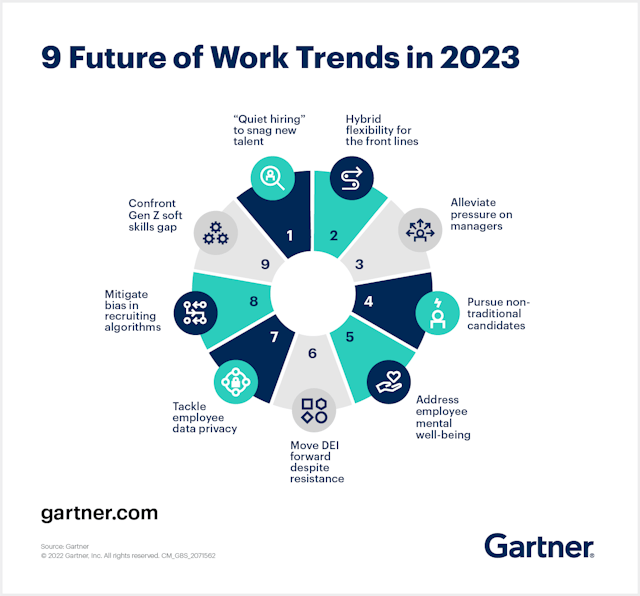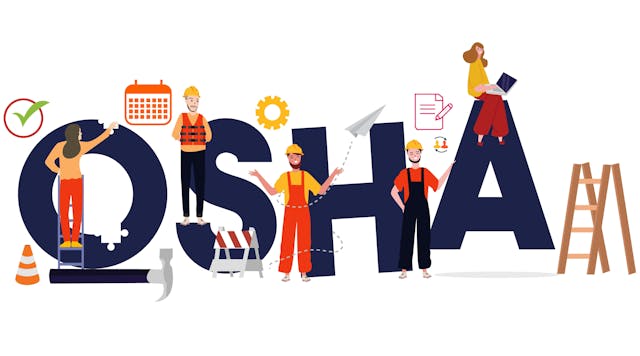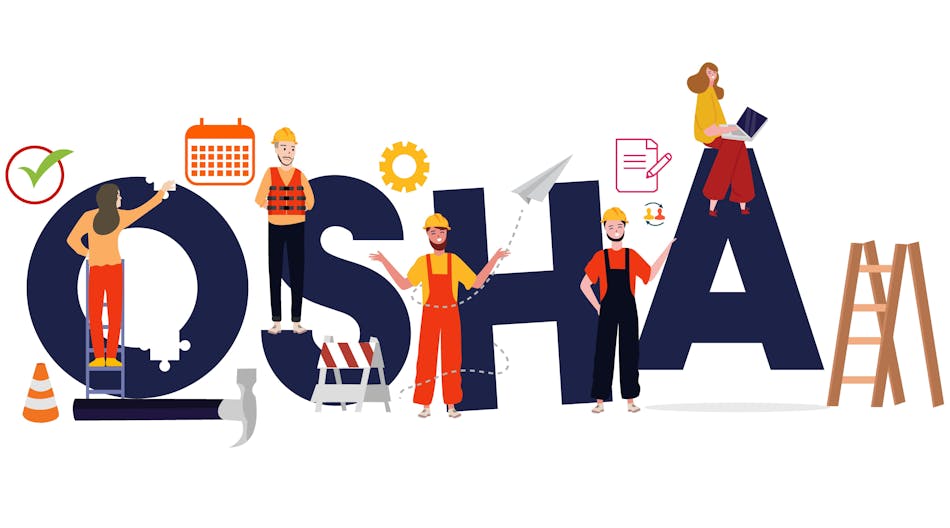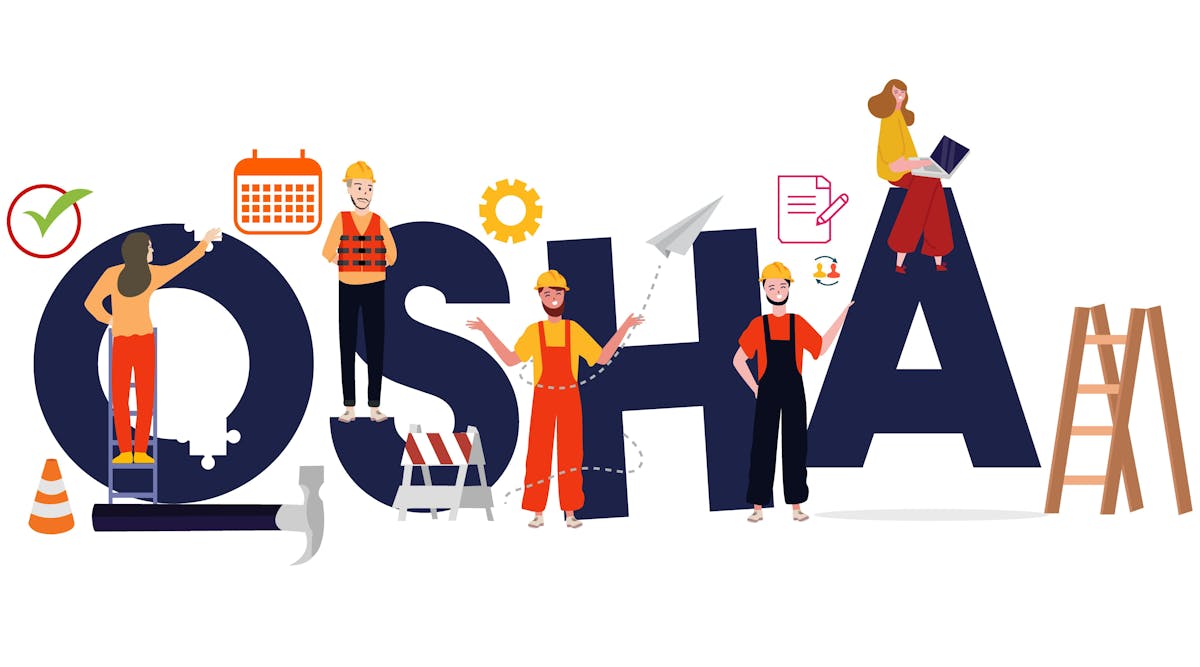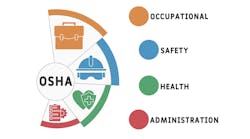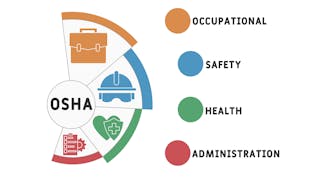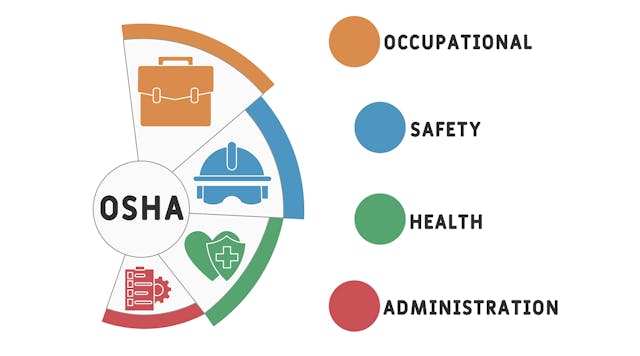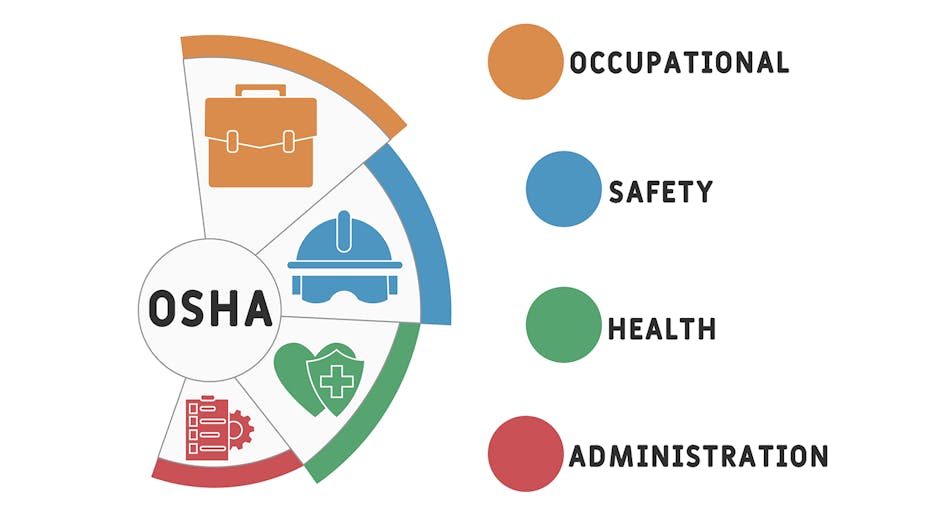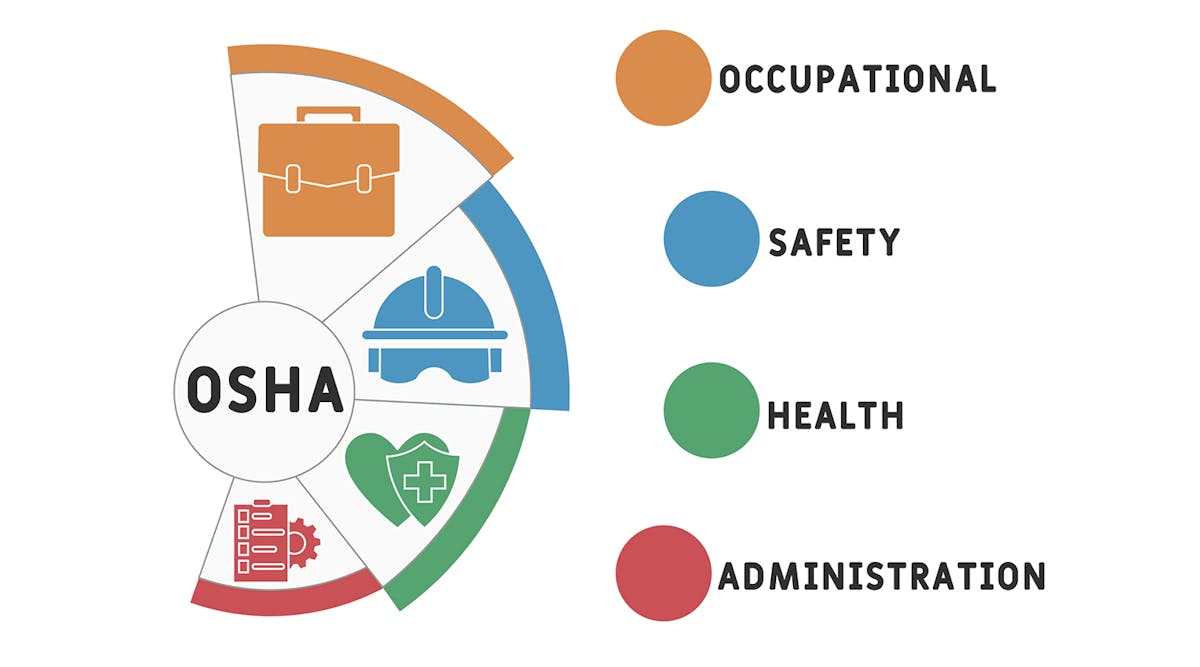As we start 2023, the workplace is facing historic challenges which include a “competitive talent landscape, an exhausted workforce, and pressure to control costs”, according to research firm Gartner. To help employers navigate these challenges they identified nine work trends.
Squeezed by competing leader and employee expectations, managers need support
The demands of today’s working environment have left managers completely out of their depth. They feel pressure from above and below: they must implement a corporate strategy with regard to hybrid work while also providing a sense of purpose, flexibility and career opportunities.
Low- and midlevel managers are now the colleagues with whom their direct reports most regularly interact, and 60% of hybrid employees say their direct manager is their most direct connection to company culture.
Management is a skill, and for most people, it takes practice. The dual pressures of remote work and employees’ evolving needs and expectations have amplified poor management. In 2023, the best organizations will take two key actions to relieve pressure on managers. They will:
1. Provide fresh support and training to mitigate the widening managerial skills gap. The approaches that were successful in 2019 are ill-suited for the workforce of 2023.
2. Clarify manager priorities, make it clear how managers should allocate their time and redesign their roles where necessary.
Healing pandemic trauma opens a path to sustainable performance
Most humans, and that includes current and incoming employees, are still experiencing pervasive mental health challenges as a result of the societal, economic and political turbulence of recent times. This may decrease productivity and performance, as well as increase angry outbursts, no-notice quitting, workplace conflict and sudden underperformance.
Eighty-two percent of employees now say it’s important that their organizations see them as a whole person, rather than simply an employee. In the coming year, the best organizations will implement:
- Proactive rest to help employees maintain their emotional resilience and performance, rather than offering rest as a recovery solution after both have plummeted. This may include proactive PTO before high-demand working periods, no-meeting Fridays, allotted wellness time and managers being goaled on their team taking adequate PTO.
- Discussion opportunities to work through challenges and difficult topics without judgment or consequences.
- Trauma counselors to provide on-site counseling, and train and coach managers on workplace conflict as well as how to have difficult conversations with employees.







